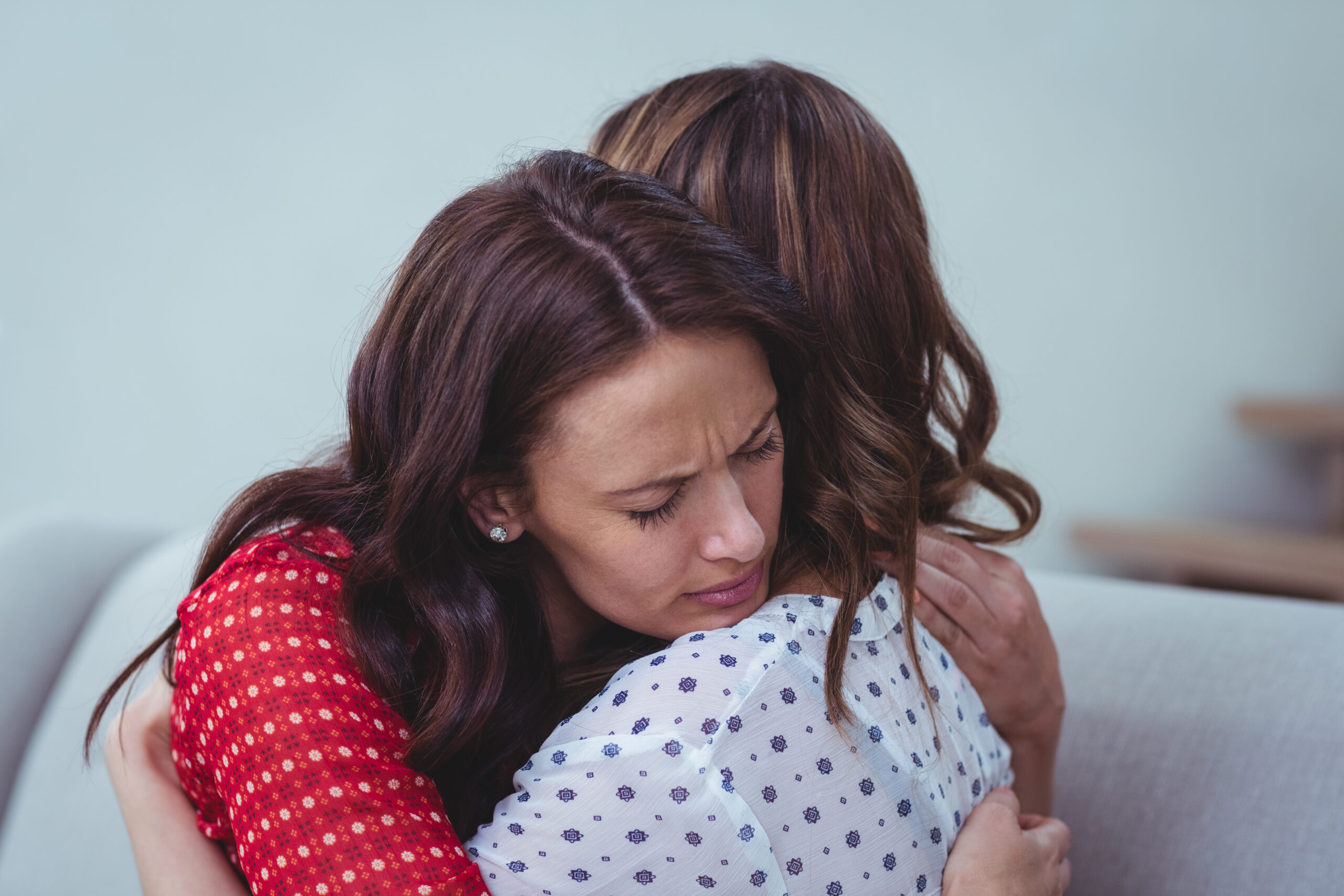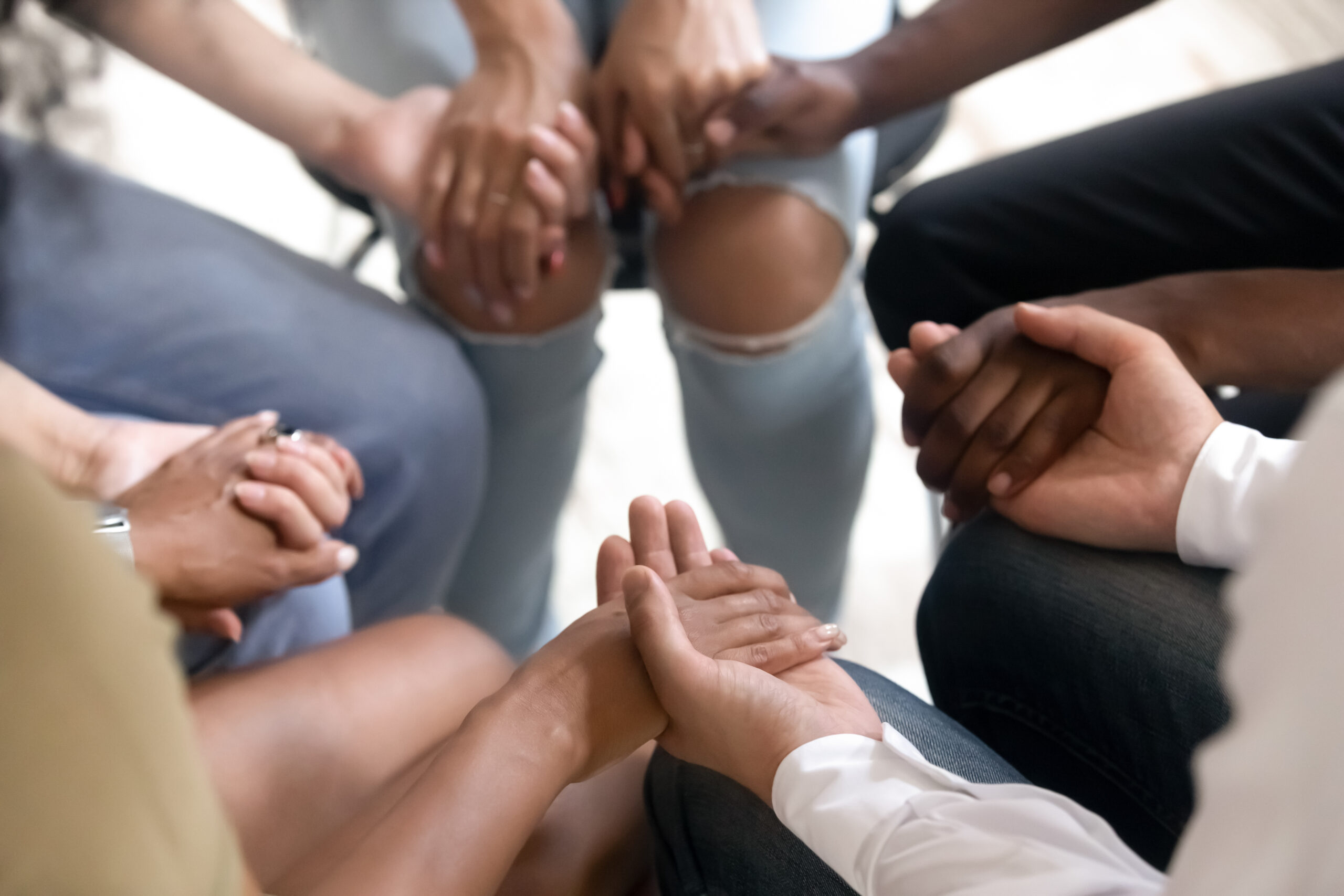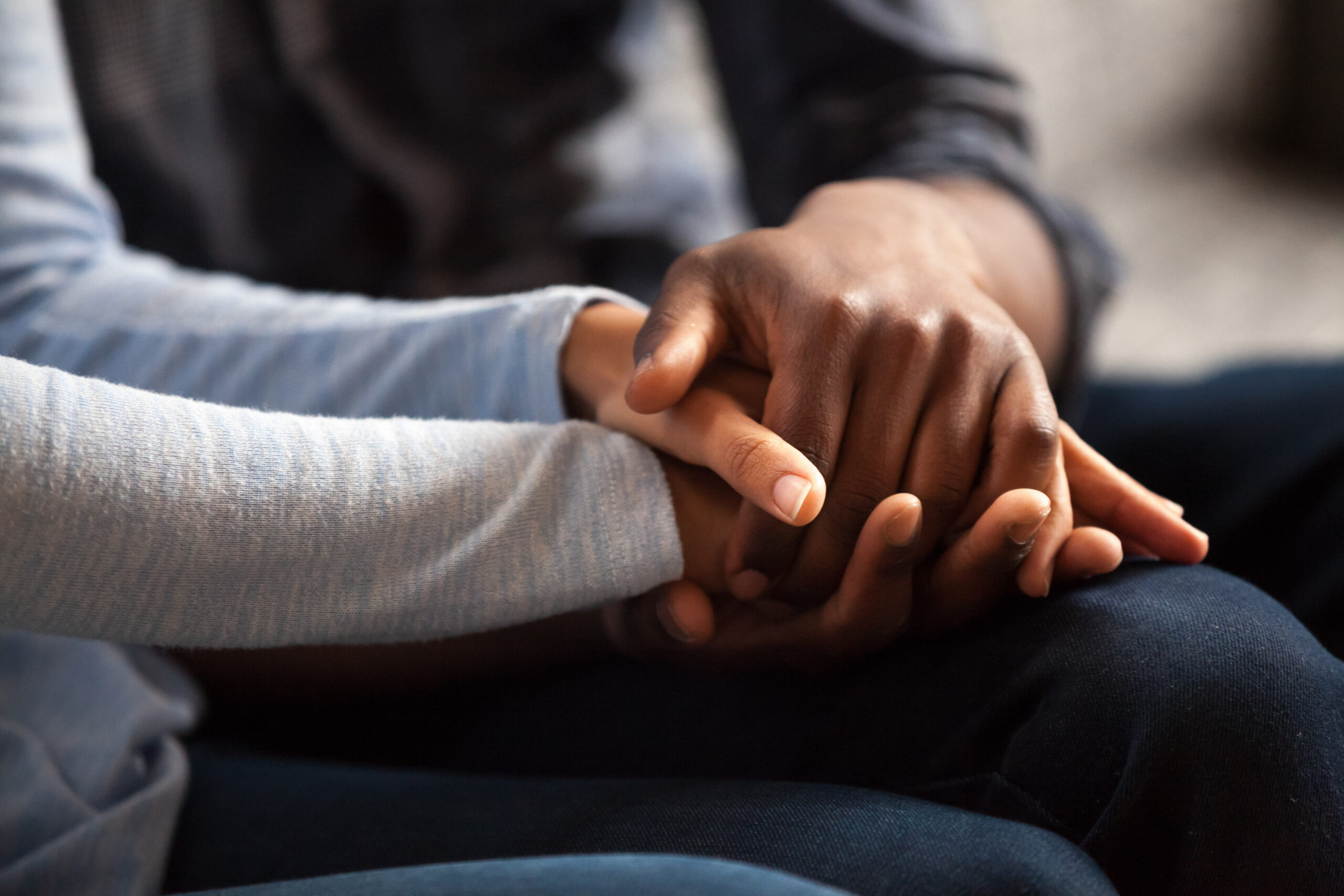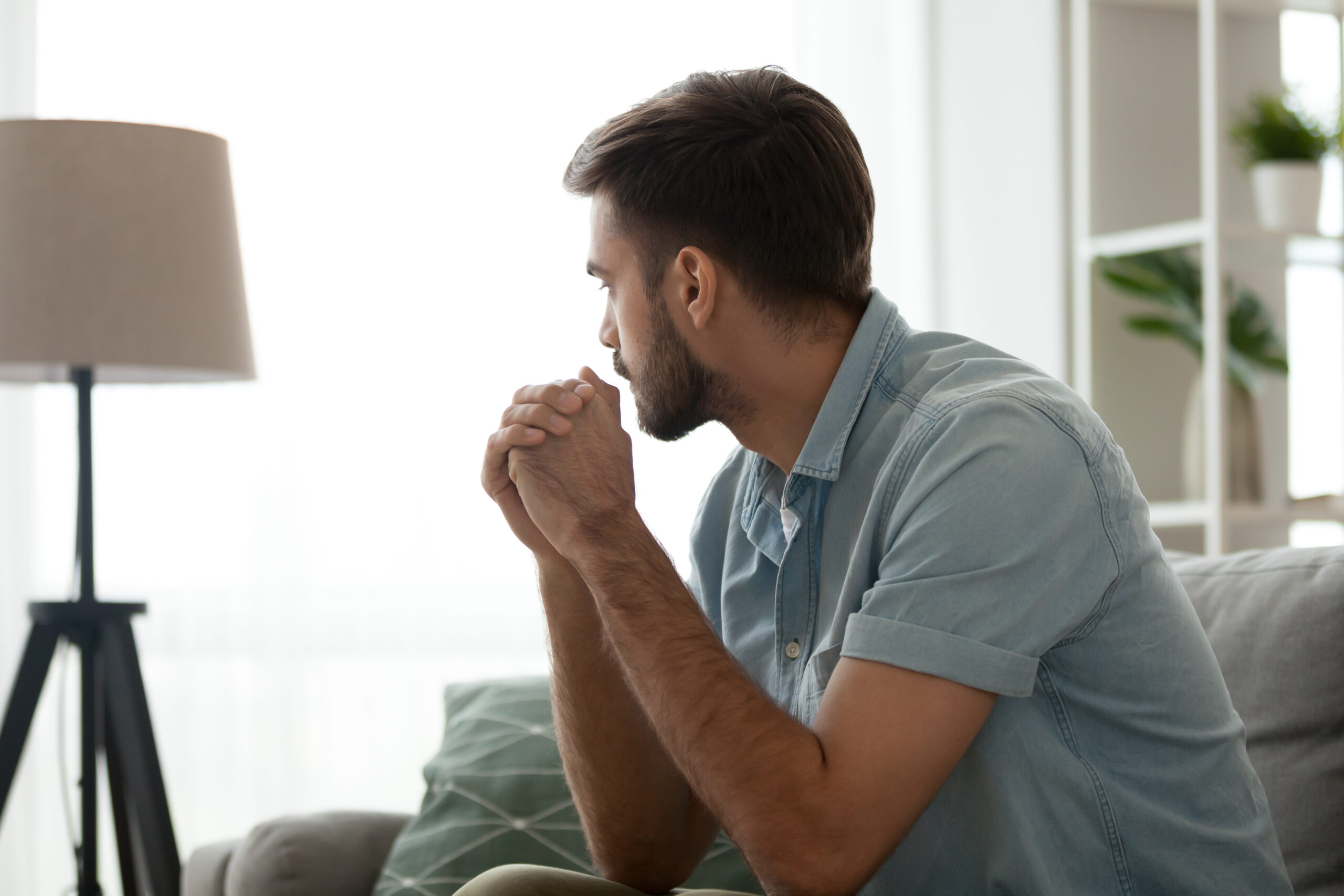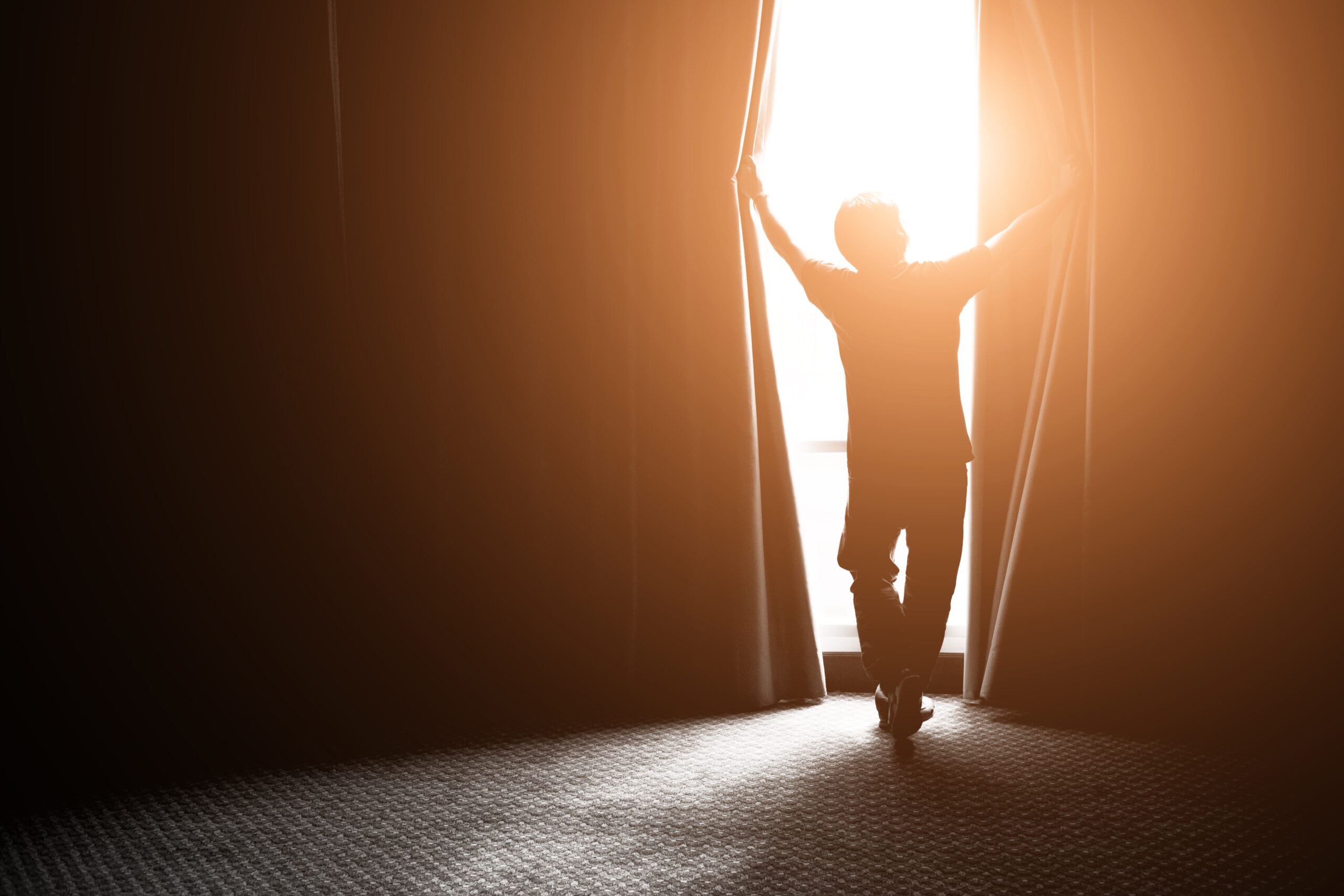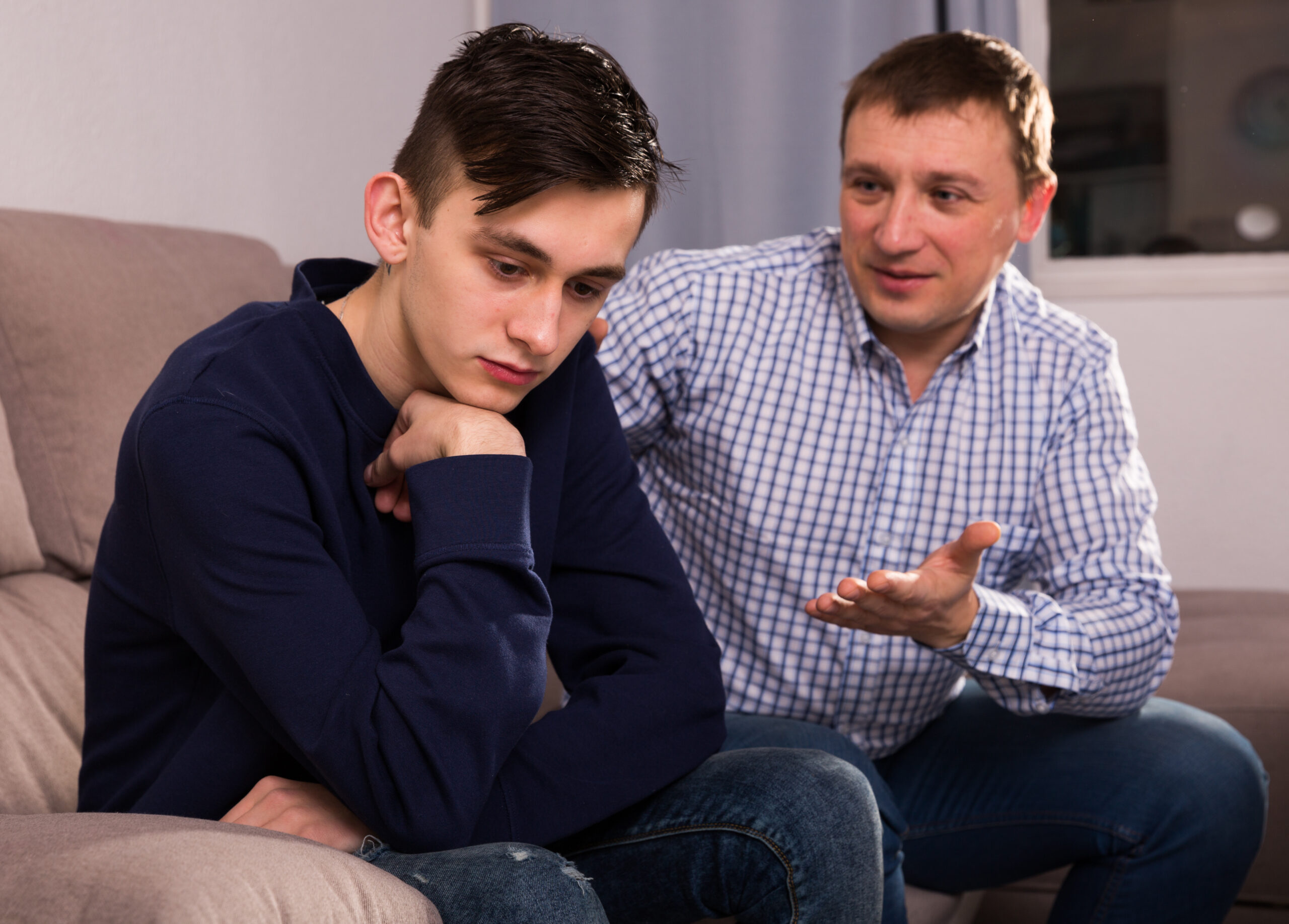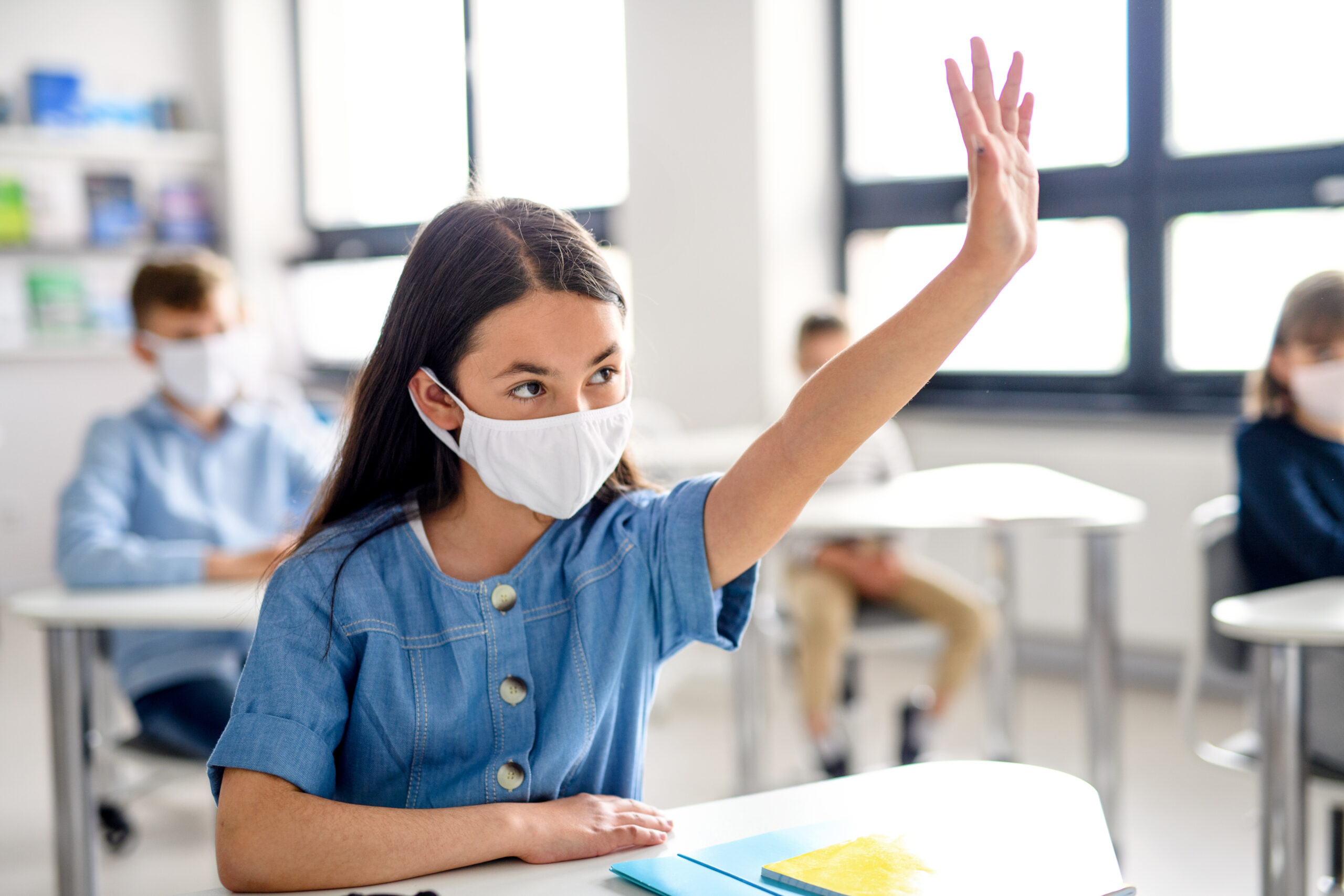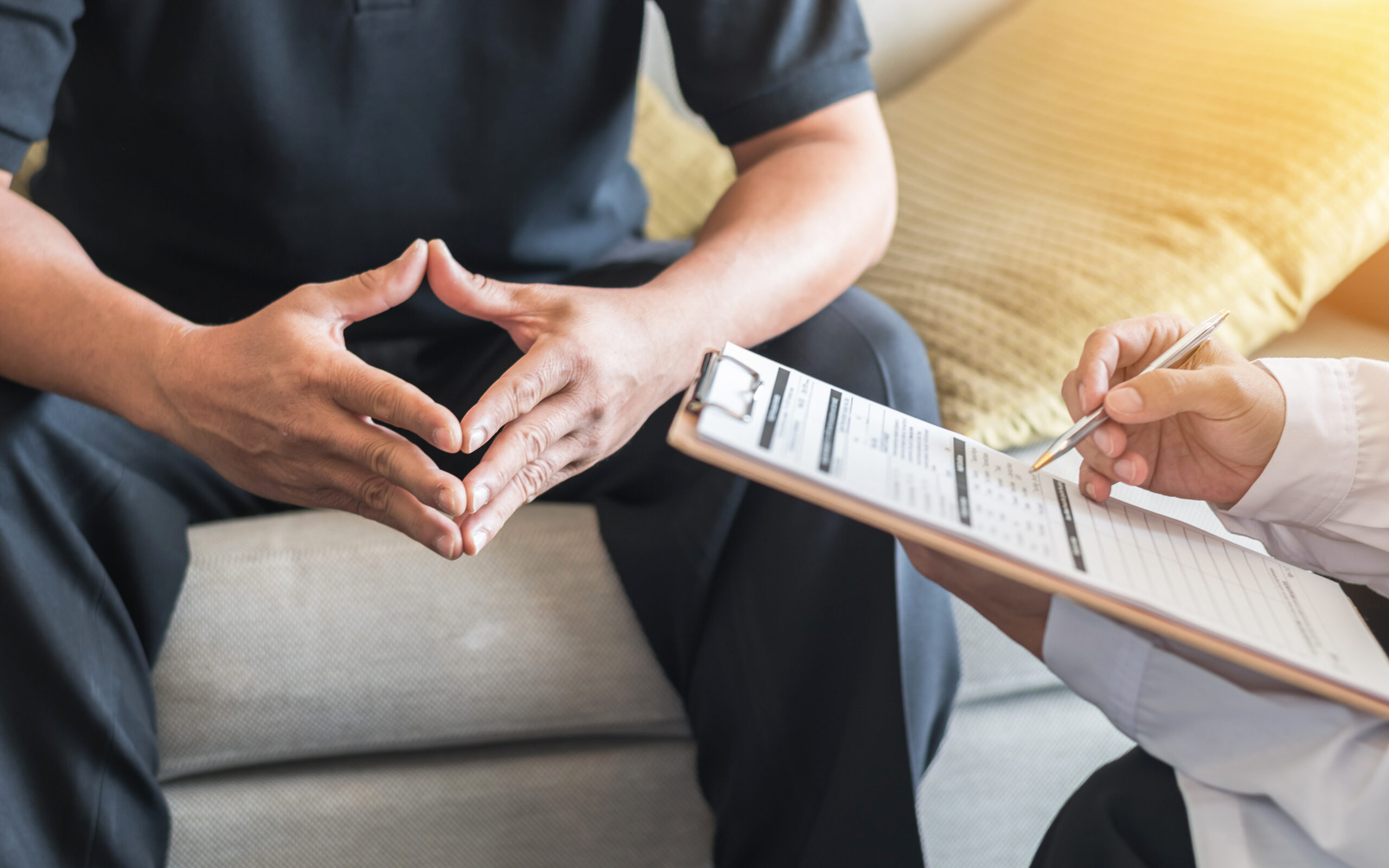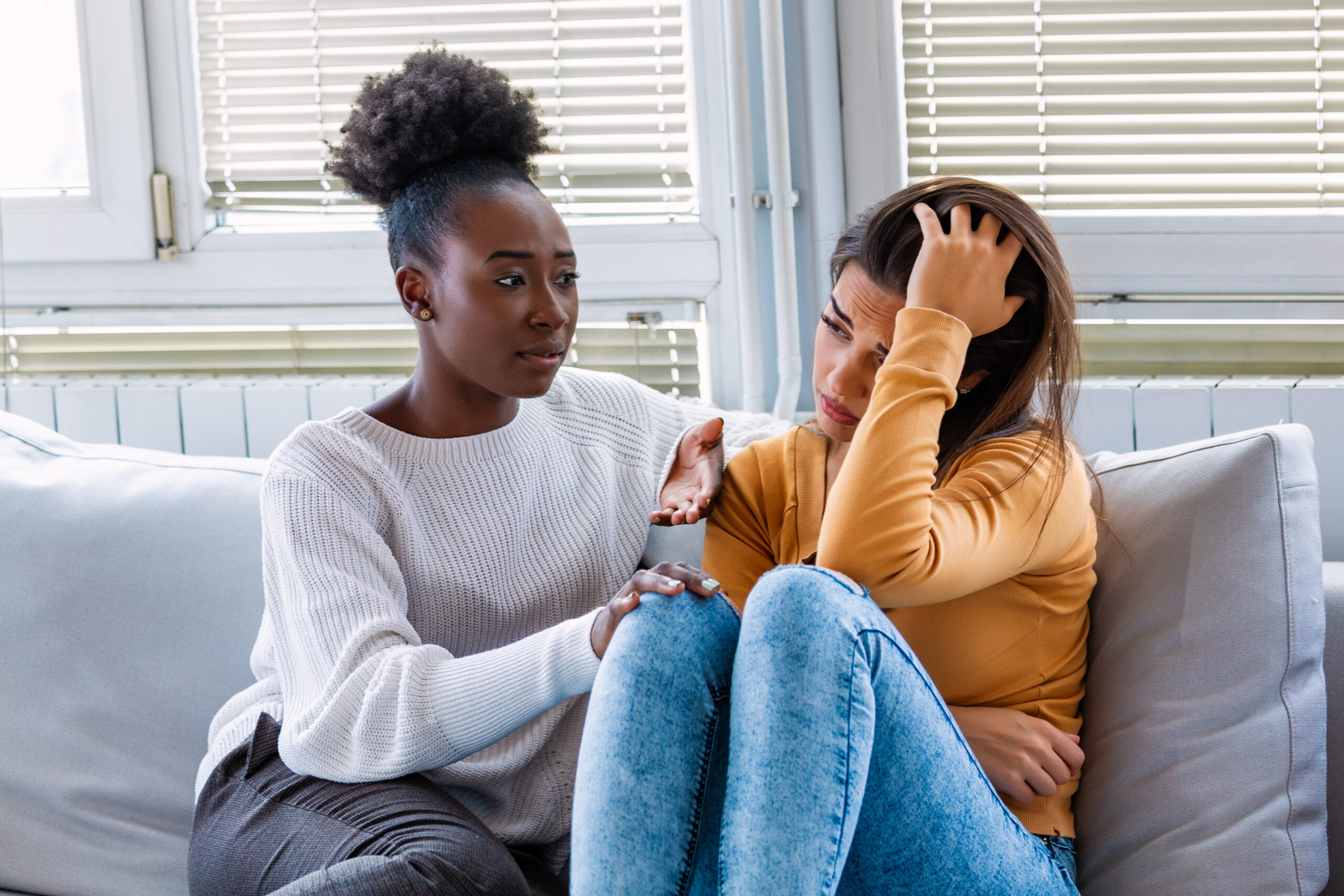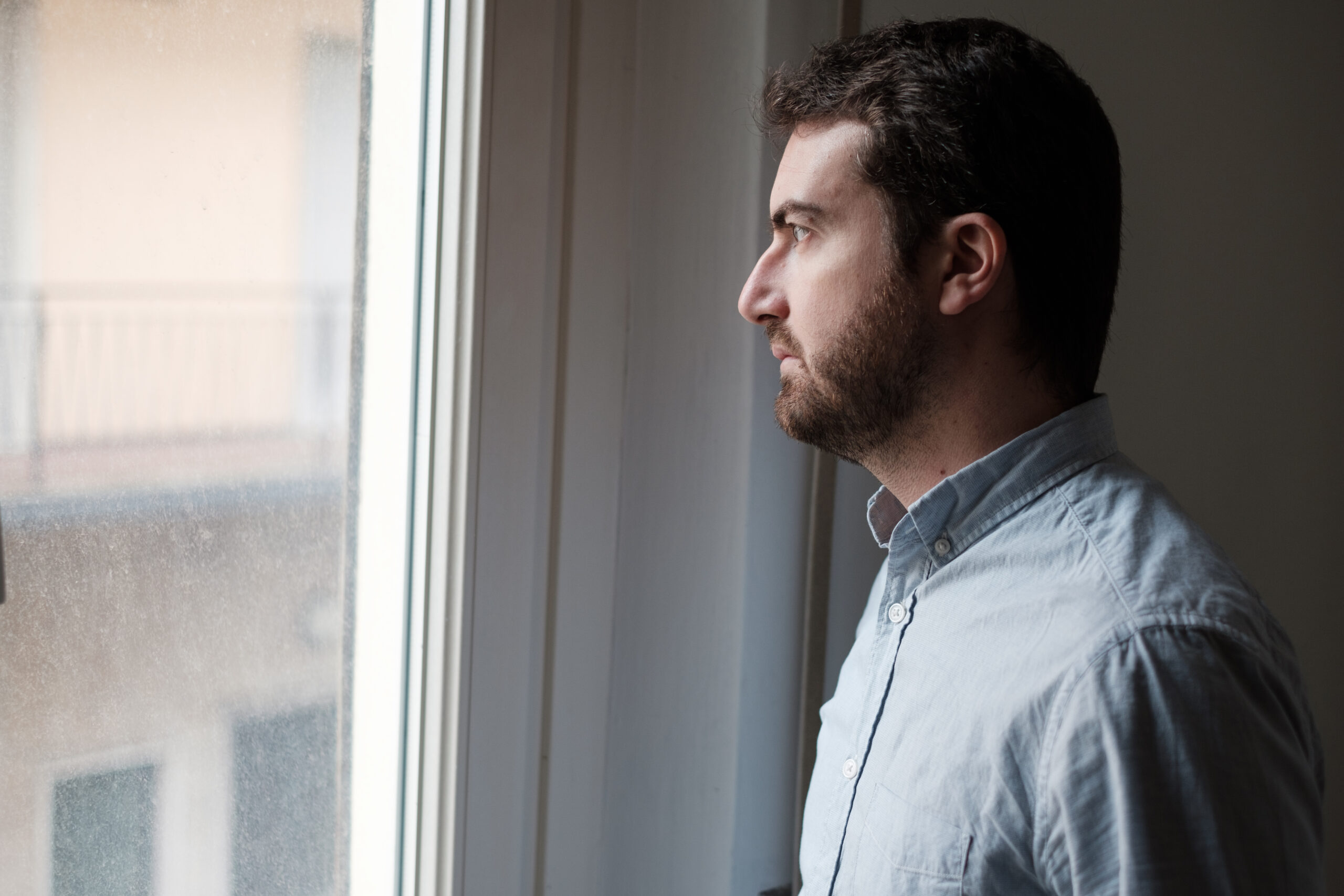Taking Mental Health First Aid (MHFA) training, being a First Aider, has changed me. I’ve been with Sutter-Yuba Behavioral Health (SYBH) for 25 years. SYBH provides services to individuals and families who are experiencing serious or ongoing mental health and/or substance use disorders in Yuba and Sutter Counties, California. I coordinate all our MHFA and Youth MHFA training sessions – … Read more
Uncategorized
How do you help someone who is struggling? How do you help them without making assumptions about what they are going through, and without making it worse? These are all questions that I learned the answers to during the teen Mental Health First Aid (tMHFA) class. tMHFA teaches that teens prefer to tell other teens about what they are going through. This is why it’s important for us to know what to do if confronted with … Read more
Brandon was an outgoing, fun-loving and enjoyable co-worker whose life ended abruptly after a night of heavy drinking. His death had a profound impact on our staff as we learned he had been living with a mental health challenge and substance use that had gone unrecognized. We serve within a total confinement facility that provides behavioral health services to individuals living with severe … Read more
As Executive Director of CASA for Kids of South Central Texas, I feel it is vital to continue to grow with our staff and volunteers, so I planned Youth Mental Health First Aid (MHFA) training for our staff, volunteers and community for Spring 2020. Then COVID-19 changed everything and the training was put on hold. But that wasn’t the end of it. While in–person training was no … Read more
May is Mental Health Awareness Month, and especially after the events of the past 12-plus months, it’s crucial that we equip ourselves with strategies and tools to take care of our mental health. Less than half (44%) of U.S. adults with mental illness received treatment in 2019, so this month, we’ll shed light on how … Read more
From the moment our eyes open in the morning to the moment we go to sleep, our brains are flooded with information. We read news articles; we listen to podcasts, and all the while our brain is learning information about the world around us, much of it findings and statistics from research studies. Why the … Read more
The past year has been anything but ordinary – the COVID-19 pandemic, civil unrest, natural disasters and more have tested our resilience. While it can be difficult to remain hopeful during uncertain times, it’s important to believe we can overcome the curveballs life throws our way. But as a Mental Health First Aider, you can … Read more
It’s no secret that staying active benefits your long-term physical health, but many probably don’t think about the mental health benefits of moving your body. Talking about exercising can elicit a number of responses (groans or cheers, mostly) but in terms of mental health and wellbeing, exercise can be a fantastic tool to help you … Read more
The events of the past year and the COVID-19 pandemic have changed how we shop, socialize, learn, and work. And while some of us are working from home and some of us are still commuting into the office, there is no denying that feelings of stress and anxiety are at an all-time high. According to … Read more
We’ve all been there: the evening is winding down, you’re finishing just one more show before you get ready to sleep. You do your nighttime routine, relax before bed, and once you get into bed, suddenly you can’t sleep. You’re thinking about what happened today, what you need to do tomorrow, did you remember to … Read more
Recent data show that we are actually working more now than before the COVID-19 pandemic and that productivity increased 47% in 2020. Work can be stressful. Now that so many of us are seeing our work and our home lives intersect and overlap, we can find ourselves often feeling overwhelmed. According to the Mental Health … Read more
The COVID-19 pandemic has brought about a range of emotions, including anxiety, grief, uncertainty and sadness. In fact, the Centers for Disease Control and Prevention (CDC) reported 40% of U.S. adults are struggling with their mental health, with 31% reporting symptoms of anxiety. Another study found nearly one-third of teens surveyed reported feeling unhappy or … Read more
The COVID-19 pandemic has created a new “normal” that is nearly unrecognizable for many of us. Gone is the hustle and bustle of life and simple things like running errands, going to school, commuting into the office and spending time with friends seem almost out of the ordinary. Now, your home is also your office, … Read more
Whether you’re a new parent or your youngest child is preparing to graduate high school, the effects of COVID-19 are complicating day-to-day life. A year of everyday life, plus the added layers of managing physical distancing, virtual learning and some people working from home means many parents are feeling pressure as they keep everything running … Read more
Being a teen comes with exciting milestones that double as challenges. For all the highs that come with getting a driver’s license or acing that difficult test, there are lows that come with growing up in a rapidly changing world being shaped by the COVID-19 pandemic, social media and distance learning.
When you think about mental health, what comes to mind? Maybe you think about how you feel right now or remember a time when you felt anxious. Some people may think about self-care or wonder how many people live with a mental health diagnosis. To make this topic easier, we want to debunk some common … Read more
No one predicted the widespread impact COVID-19 has had on day-to-day life — life events were put on hold, vacations postponed, and we’re spending more time at home than we have in decades. But for all of the challenges we experienced in 2020, we also had a few triumphs that gave us hope for the … Read more
There isn’t much the COVID-19 pandemic hasn’t impacted – it’s affected how we interact with each other, where and how we work, how we celebrate life events, and most importantly, how we feel. Regardless of how you have been impacted by COVID-19, feeling supported and being able to offer support to loved ones has become … Read more
Every year, we try to find a word to encompass the past 12 months, and there were some to be expected: coronavirus, pandemic, and lockdown. But the one we chose may be less obvious: resilience. There is no denying that 2020 was hard. But for all of its trials and tribulations, we made it to … Read more
The end of 2020 is approaching, and many of us won’t be too sad to see this tumultuous year go. The COVID-19 pandemic has colored the year, impacting people across the country in unprecedented ways. We have missed weddings, graduations, birthdays, and holidays. It has been a year that has tested our physical, mental, and … Read more
On April 11, 2019, Puerto Rico awoke to the tragic news that a daughter had hammered her 89-year-old mother with Alzheimer’s Disease to death. The 54-year-old daughter presented signs of compassion fatigue for her role as caregiver, and she told the media, “I am not a bad person, and I took care of her for … Read more
As the holidays quickly approach, it’s clear this year is a little different from past holiday seasons – we’re still adjusting to a “new normal” because of COVID-19. Limited social activities and physical distancing requirements mean many people will spend the holidays away from loved ones. This lack of social connection can have an impact … Read more
It is that time of year again. The air is crisp; 6 p.m. looks like midnight; and it feels difficult to adjust. Many of us can relate – we have lost an hour of sunlight because of Daylight Savings Time, and it may have an impact on our mental health. Maia, a songwriter from California … Read more
The holiday season is often a time of year for social activities, holiday shopping, and quality time with loved ones. This year, however, COVID-19 threatens to make those activities more difficult. Keeping up with activities, staying positive and — especially in 2020 — safely socializing can be overwhelming. In addition, 40% of U.S. adults face … Read more
As we approach the end of the year, it’s important to stay grateful despite the stress and uncertainty we have all faced. Being grateful and showing gratitude are more than nice things to do; they help you appreciate your life and what you have without comparing yourself to others. It feels good to be grateful! … Read more
“It was crushing to try to manage it all by myself,” Cera Flynn shared in a recent Cleveland Clinic article. “When you’re in quarantine, you’re limited. My mom and other people couldn’t come in and help to take the kids or do laundry or let me just lay down and take a nap. I felt … Read more
When thinking about trauma, many of us immediately think about mass traumatic events like terrorist attacks, mass shootings, torture, combat, or severe weather events. Trauma includes these things, but also so much more. According to the Mental Health First Aid (MHFA) curriculum, a trauma is a shocking and dangerous event that someone sees or experiences, … Read more
There are times in life where many of us could use some reassurance. We may need reassurance when making a difficult decision, facing a new challenge, or dealing with a mental health or substance use concern. When facing a mental health or substance use challenge, reassurance is very important. It is a reminder to the … Read more
In times of need, we all need someone to turn to. Talking with someone who really listens and supports us can make us feel encouraged and reassured that things will change for the better. Supporting a colleague who’s showing signs of stress begins with a conversation. Knowing how to be an effective listener will make … Read more
We spend one-third of our adult lives at work, and the extra stressors and challenges that often come with a job can negatively impact mental health. Left unchecked, they can even lead to feelings of depression and anxiety. Recognizing when a colleague or employee is struggling can be vital to making sure they get the … Read more
Mental health and well-being are key to a healthy, productive workforce. But each year, almost one in five American adults experiences a mental health disorder that impacts them at home and work. This may be increasing even more due to changes stemming from COVID-19 — many people are experiencing increased feelings of stress and fear … Read more
COVID-19 is impacting people of all ages across the country, including children and youth. Kids are not attending classes, participating in extracurricular activities, or seeing their friends in the same way they once did — and it’s taking a toll on their emotional and mental well-being. In May, a Gallup Panel poll found 29% of … Read more
Starting a new school year is an exciting time but can also be a stressful one. Preparing for a new grade level, joining a new classroom and making new friends can cause feelings of anxiety and fear. This year adds COVID-19 to the mix, as children and youth face challenges such as physical distancing in … Read more
We often talk about mental health challenges as if they’re only faced by adults. However, youth and young adults also face mental health challenges, and their experiences will be different than adults’. According to the Youth Mental Health First Aid curriculum, approximately 20% of children and youth ages 13-18 face a mental health challenge or … Read more
Our community is experiencing stressors like we haven’t seen in our lifetime. — and we can become stronger as a result. As we collectively grapple to get the pandemic under control right now, here in 2020, understand that we will be seeing ongoing secondary health effects for years to come. One third of Americans are … Read more
If you or someone you care about feels overwhelmed with emotions like sadness, depression or anxiety, or like you want to harm yourself or others call 911. You can also contact the Substance Abuse and Mental Health Services Administration’s (SAMHSA) Disaster Distress Helpline at 800-985-5990, the National Suicide Prevention Lifeline at 800-273-8255 or text MHFA … Read more
“Really, another mental health program?” “We all know none of these make any difference anyways.” These were the common grumbles of my Jefferson High School (JHS) classmates and me as we walked into the library to begin yet another mental health program. However, none of us knew just how big of an impact the teen … Read more
Everyone feels anxious or sad sometimes, but it’s important to be able to recognize when your feelings become overwhelming and more than a temporary experience so you can get the appropriate support when you need it. According to the Mental Health First Aid (MHFA) curriculum, professional help should be considered when mental health symptoms last … Read more
Everybody experiences anxiety at some point: it is a common feeling that causes increased alertness, fear, and physical sigs such as a rapid heart rate. Because it is so common, it’s important to know how to help someone with anxiety. Anxiety can vary in severity from mild uneasiness to a terrifying panic attack. Although everyday … Read more
Many factors contribute to recovery, including having a good support system of people that you like, respect and trust. They can be family members, friends, teachers, faith leaders, neighbors or peers — what’s important is that you have people you feel comfortable talking to about what you’re experiencing and support you may need. Recovery is … Read more
If you or someone you care about feel overwhelmed with emotions like sadness, depression or anxiety, or like you want to harm yourself or others call 911. You can also contact the Substance Abuse and Mental Health Services Administration’s (SAMHSA) Disaster Distress Helpline at 800-985-5990, the National Suicide Prevention Lifeline at 800-273-8255 or text MHFA … Read more
For many of us, this time of year seems busier than others. We may be working from home, with our children at home with us, and typical family outdoor activities are canceled because of COVID-19. Close quarters and the departure from “normal” can cause increased feelings of stress and worry for all members of the … Read more
You may have heard it before: You can’t help others without taking care of yourself first. Self-care is an important way to protect your physical, mental and emotional health so you can better adapt to changes, build strong relationships and recover from setbacks. You can also better support those around you who might be in … Read more
The idea of practicing self-love can be daunting. We’re constantly facing internal and external challenges, such as busy schedules that make pausing for self-love or self-care seem impossible. However, taking small steps each day or week to take care of and love yourself can help you better manage daily challenges and put more passion into … Read more
If you’re a frontline worker, we thank you for your work and applaud your courage. You’re keeping society running in the face of some extreme stressors during the COVID-19 pandemic! The good news is, you’re not in it alone, and there are things you can do to protect your mental health. If you — or … Read more
SMP offered Mental Health First Aid at Work (MHFA) training on February 13, and the timing was fortuitous. The workshop built a foundation for ongoing, critical mental health conversations in response to COVID-19. Perhaps more so than ever, it is imperative to communicate clearly about the virus, associated stress and fear, the importance of self-care … Read more
COVID-19 has impacted millions of families across the country. Many of us are now working from home, with our children home and away from school. Your kids may be worried, confused or scared about what is happening around the world and why. It’s important to answer their questions and reassure them that they are safe. … Read more
COVID-19 is impacting everyone in different ways. Children and youth may not be going to school or daycare, can’t see their friends on a regular basis, and might not be able to even play outside. Kids sometimes do not know how to communicate changes in feeling and emotion, making it vital that parents and caregivers … Read more




